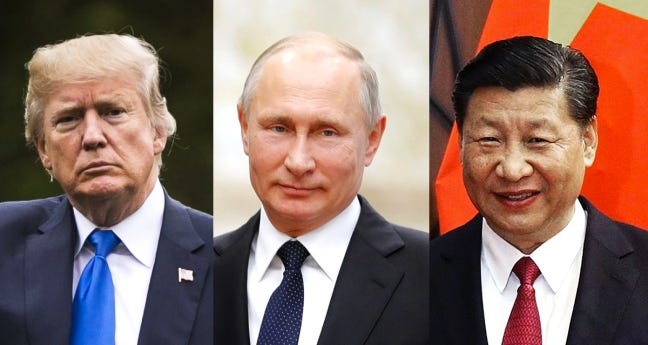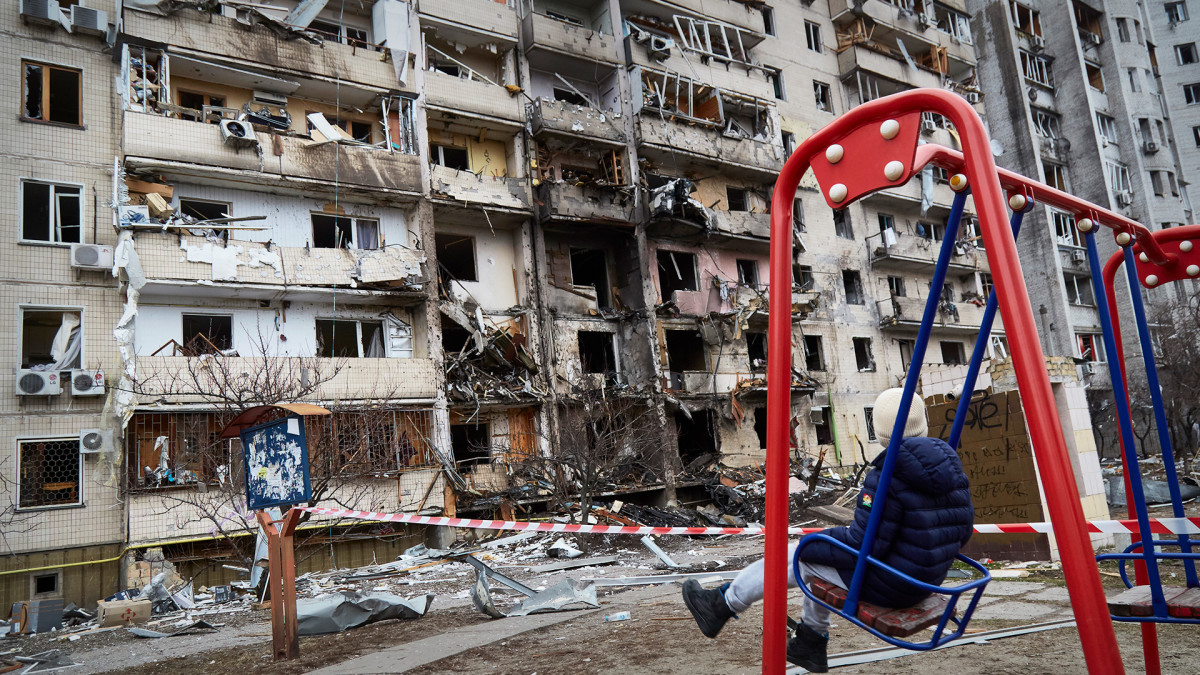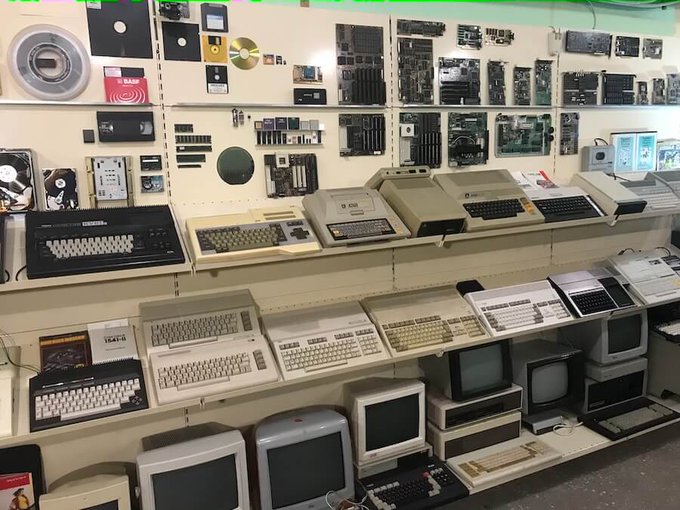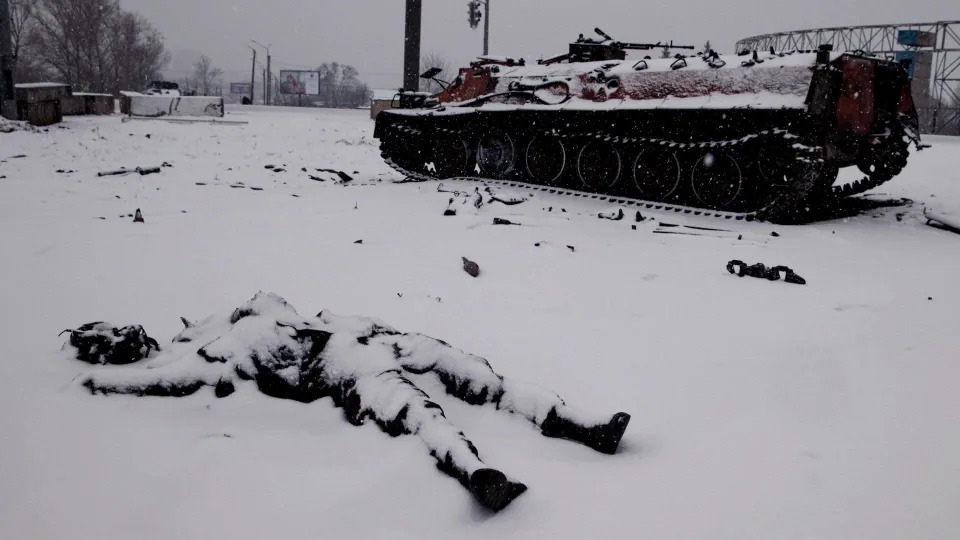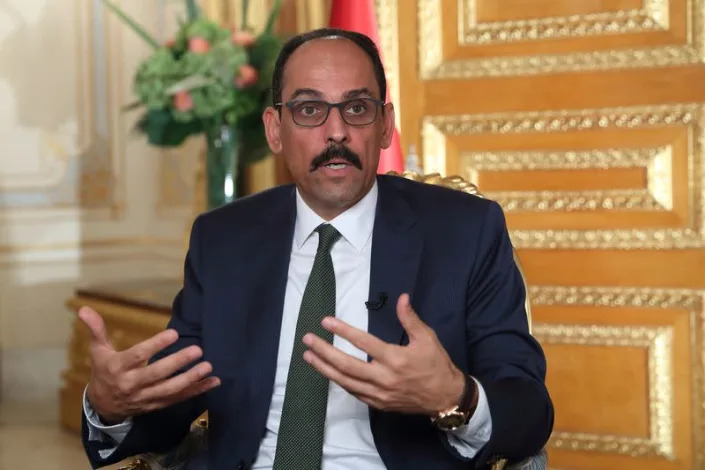Axios
Navalny won’t be freed until Putin is gone, top aide says
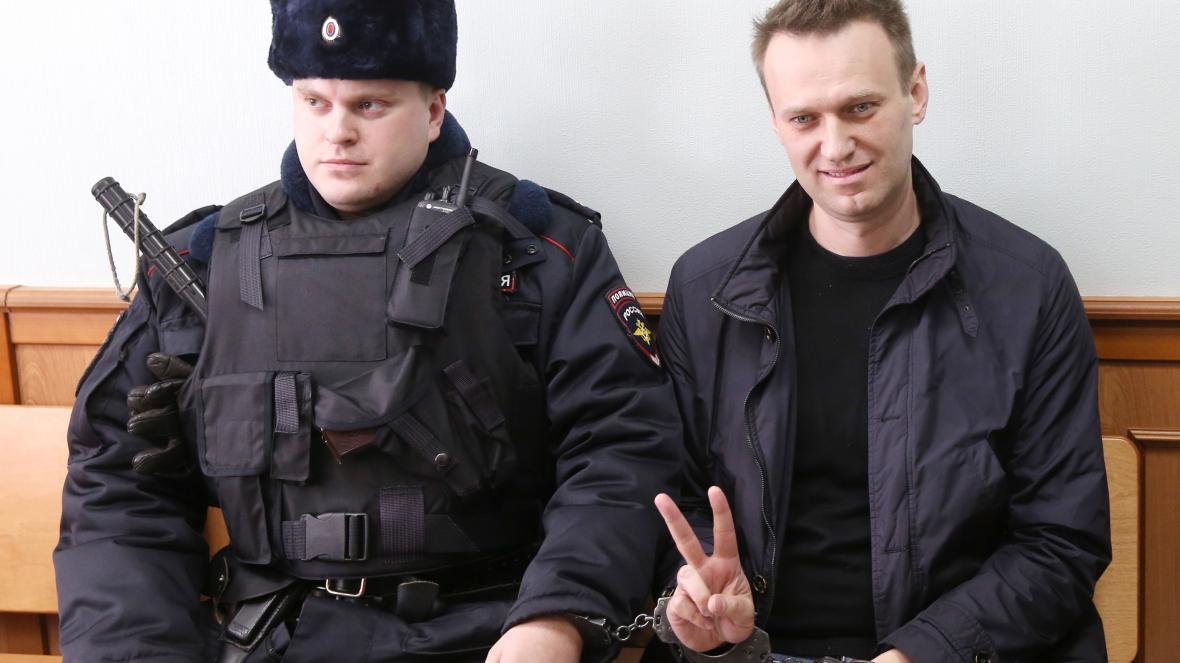
Russian opposition leader Alexei Navalny’s new sentence — nine years in a more remote prison colony — could potentially endanger his life and sever his contacts with the outside world, according to Vladimir Ashurkov, the director of Navalny’s Anti-Corruption Foundation.
Driving the news: Navalny protested Putin’s invasion of Ukraine in court and on social media before a judge handed down the sentence, on fraud charges that were widely seen as politically motivated. Navalny has been in prison since returning to Russia in January 2021 after recuperating from an assassination attempt by Russia’s security services.
What he’s saying: “Yes, we are dismayed by the sentence. But we knew that with Putin in power it’s unlikely that Alexei can get out. So it’s important for us to continue our work,” Ashurkov told Axios in a Zoom interview from London, where he lives in exile.
- The foundation continues to post investigations into the alleged wealth and corruption of Kremlin insiders, most recently of a $700 million yacht linked to Putin.
- And Navalny, who has faced harsh treatment in prison and held a three-week hunger strike last year to demand proper medical care, has remained one of Putin’s sharpest critics. “He is thin, he is frail, but he is as fiery as ever,” Ashurkov said.
Up to now, Navalny’s lawyers have been able to visit him at his prison colony outside Moscow for around an hour each day, during which time he could write and receive messages from his family and colleagues and help guide the work of his organization.
- He will now be moved to a more secure and more remote facility. It’s unclear whether he will appear regularly in court, or have steady access to his lawyers — who were briefly detained following his sentencing on Tuesday.
- “This trickle of communication and information has been vital for us,” Ashurkov said. “It’s possible this will be taken away.”
Asked about Navalny’s personal safety, Ashurkov noted that he is himself in danger even in London.

Ashurkov in 2018. Photo: Chris J. Ratcliffe/Bloomberg via Getty
- “Nobody has any doubt that Russian security services can undertake assassinations in any part of the world. We’ve seen it in Germany, we’ve seen it in U.K. So a Russian prison cell is not a secure place — it’s probably the least secure place.”
- Ashurkov left Russia in 2014 after facing politically motivated charges for his work with Navalny. The entire Anti-Corruption Foundation moved its staff and operations to Lithuania last year after being declared an “extremist” organization.
- Ashurkov noted that many more Russians are moving into exile as Putin steps up his repression at home during the invasion in Ukraine. “Any dissident, any independent voice in Russia is unfortunately in great danger.”
What’s next: Navalny is calling for protests over the Ukraine invasion, and Ashurkov expects a new wave of demonstrations to begin in the next few months as sanctions bite and discontent over the war grows. He believes that will destabilize the regime and, over time, lead to its downfall.
- His team is preparing for that day to ensure it has a “seat at the table” when the direction of post-Putin Russia is set.
The bottom line: “People who are involved in Russian opposition politics have learned not to expect quick wins. They are in for the long run and have braced for long battles.”


